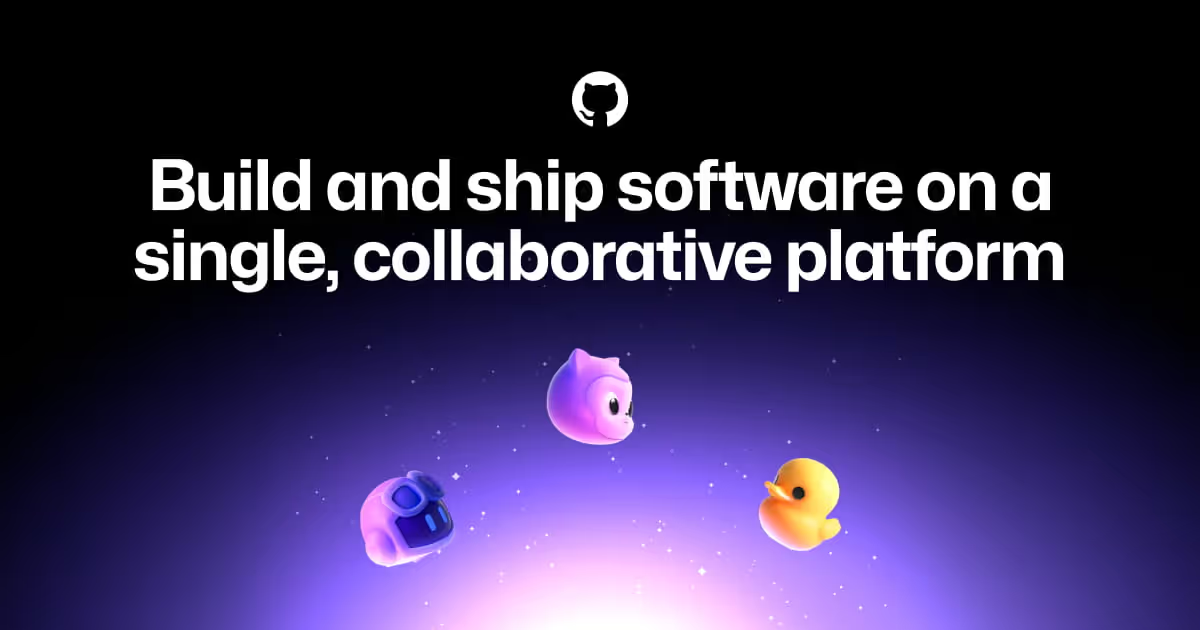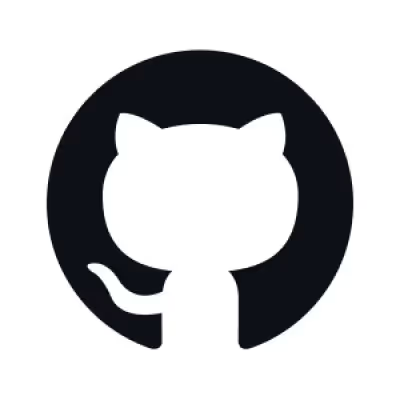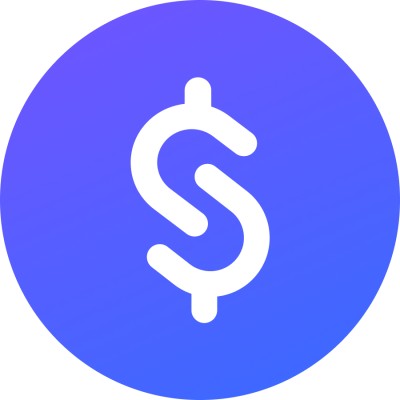
GitHub envisions a world where software development is universally accessible, empowering every developer to innovate and collaborate seamlessly across boundaries. Our platform is the connective tissue of the global developer community, enabling a new era of shared creation and collective problem-solving.
Driven by a commitment to open collaboration and transparency, we harness cutting-edge AI and automation to streamline software development workflows, making complex projects manageable and fostering creativity without barriers.
We are dedicated to building the future of development where technology and human ingenuity merge, catalyzing global progress through software that reflects the diverse contributions of millions.
Our Review
We've spent countless hours on GitHub over the years, and honestly, it's hard to imagine the development world without it. What started as four developers' side project in 2007 has become the beating heart of modern software development — and for good reason.
The Platform That Changed Everything
GitHub didn't just create another code repository; they revolutionized how developers collaborate. Before GitHub, sharing code often felt like passing notes in a digital classroom. Now? It's more like having a global workspace where 100+ million developers can jump in, contribute, and build together.
The platform's Git-based version control is brilliant in its simplicity. You can track every change, branch off into experimental features, and merge back seamlessly. We've seen teams go from chaotic email chains to smooth, trackable workflows almost overnight.
Microsoft's $7.5 Billion Bet Paid Off
When Microsoft acquired GitHub in 2018, the developer community held its breath. Would the tech giant mess with a good thing? Spoiler alert: they didn't. Instead, they doubled down on what made GitHub special while adding enterprise muscle.
GitHub Copilot is probably the most exciting addition we've seen. This AI coding assistant feels like having a really smart colleague looking over your shoulder — suggesting code, catching errors, and speeding up development in ways that still surprise us.
Who Should Jump In
If you're writing code — any code — GitHub should be on your radar. Solo developers love it for portfolio building and open-source contributions. Enterprise teams rely on GitHub Enterprise for serious workflow management and security features.
The open-source community particularly thrives here. With over 420 million repositories, it's become the de facto home for collaborative projects. Even non-developers use it for documentation and project management, which speaks to its versatility.
Feature
AI-powered development tools (GitHub Copilot)
Enterprise-grade platform for complex workflows (GitHub Enterprise)
Continuous integration and deployment automation (GitHub Actions)
Project and issue tracking (GitHub Projects and Issues)
Prebuilt collaborative development environments (GitHub Codespaces)








